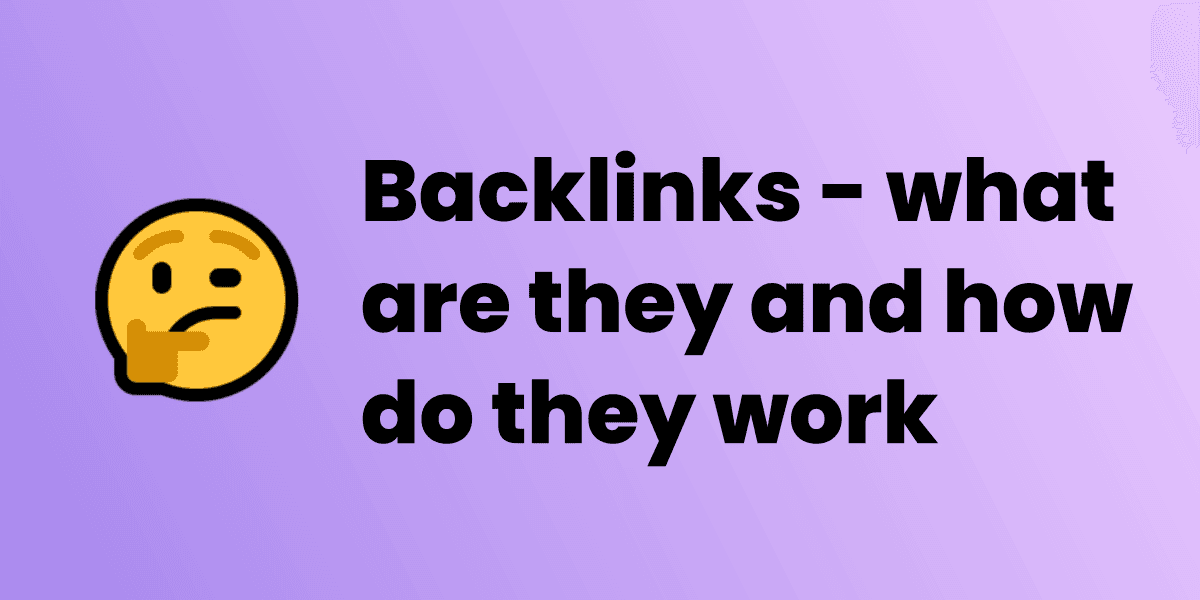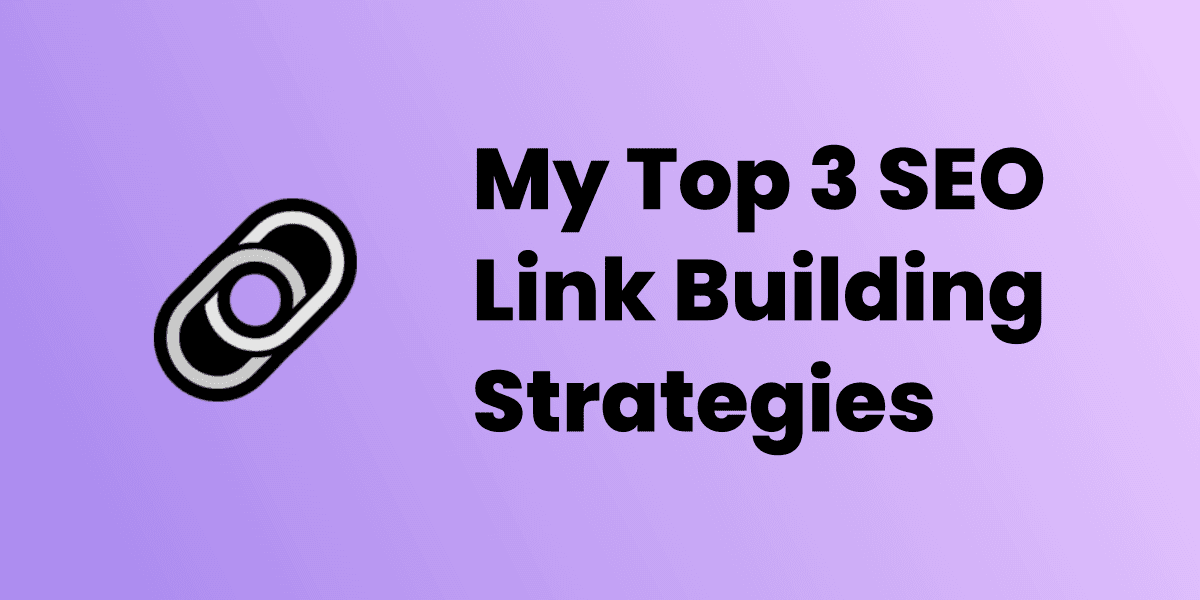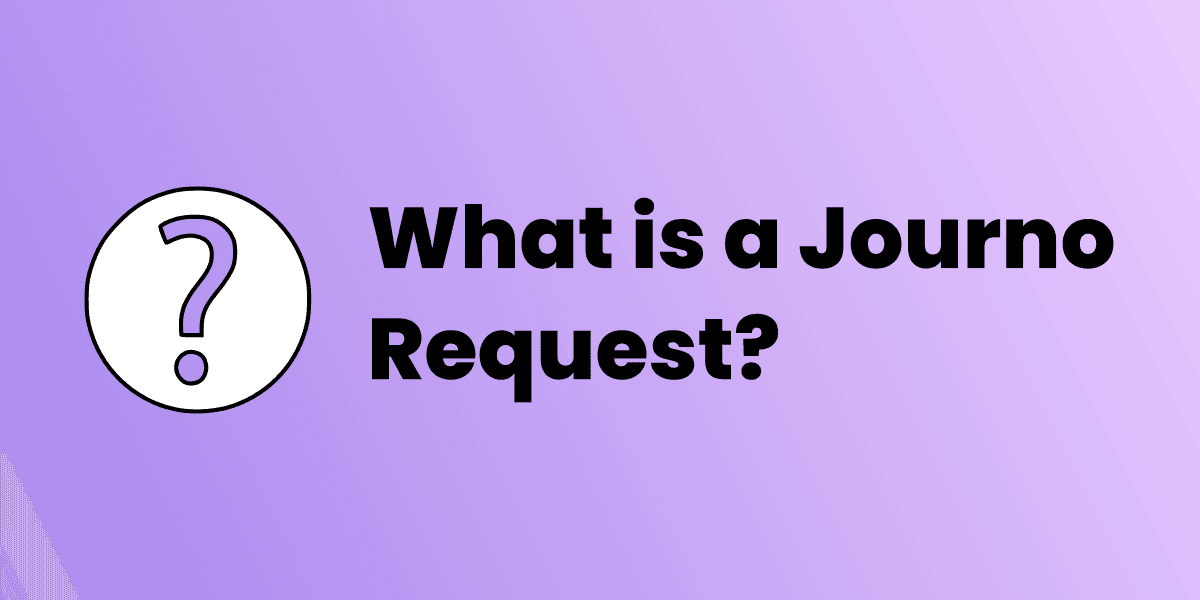
I've been responding to #JournoRequests for the last 3 years and have gained high authority backlinks from the likes of The Guardian (DR 93), The Sun (DR 90) and LoveMoney (DR 71) for my ecommerce business Reco.
Some of the backlinks I've earned.
There's no magic formula, but here are my top tips for increasing your chances of being selected as a source.
Answer as soon as possible
Even if a deadline is mentioned, and it's days away, answer as soon as you can.
Journalists can get swamped with responses when posting a #JournoRequest. Answering a request quickly gives you the best chance of being picked simply because you have shown up.
There aren’t many aspects that you have control over, but answering a request immediately is one of them - take full advantage!
Keep it brief
Journalists don’t want to scroll through paragraphs of text:
-
Answer the question posed in the Journo Request,
-
Give a brief overview of why you or your business is relevant to the request, and
-
Link to locations where the reporter can find more information (LinkedIn profile, website, other social media accounts etc.).
Make it easy to read
Don’t write one solid block of text:
-
Use short sentences,
-
Utilise bullet points to make it easy to scan, and
-
Leave lots of whitespace.
Only answer Journo Requests relevant to you
Don’t try to shoehorn yourself into a Journo Request that isn't relevant.
You won't get picked as a source, so you will have wasted your time and the journalist will get annoyed.
Don’t add attachments
Most workplace IT systems will automatically strip attachments from emails, so don't bother sending any in your initial message.
A better option is to upload your files to a reputable service, such as Google Docs or Dropbox, and share a link in your email.
Make yourself available
In many cases, your initial response to a Journo Request is only the start of a conversation with a journalist. They will likely have follow up questions if you match their brief.
So make sure you include your contact details and be proactive with sharing your schedule. Tell them when you are free to talk in the next few days or share a Calendly link for them to book out your time.
Don't ask for a backlink
At least not initially. Also, don't make it an prerequisite for your participation as a source.
Remember, there will be plenty of other sources for the journalist to choose from!
As a side note, It's normally not in a journalists power to insist a backlink is inserted into an online article. That usually resides with the editor.
Bring it up at the very end of your conversation with the journalist where you can also ask where and when the article will be published.
Make sure to proofread
Double check your response for spelling and grammar before sending it through. If you have added any links, make sure to check they aren't broken.
Don’t get discouraged
It's frustrating, but sometimes your response to a request will be ignored and you won't hear anything back from the journalist.
Don’t take it personally, just move onto the next.
At the end of the day it’s a numbers game. The more your respond, the more likely you are to be selected, so just keep at it!
There you have it
These are my top tips for responding to Journo Requests.
Ready to start responding to some requests right now?
Never miss a journo request
Get personalized alerts for media opportunities matching your expertise.
Start free trialRead more

Backlinks - What are they and how do they work
Backlinks are a key component of search engine optimization (SEO). But what exactly are backlinks, and how do they work?

My Top 3 SEO Link Building Strategies
Building high-quality backlinks is one of the most challenging things to do in SEO because, for the most part, it is out of your hands. Here are my top 3 strategies to build backlinks

What is a Journo Request?
We breakdown what a Journo Request actually is, where to find them and why you want to answer them.